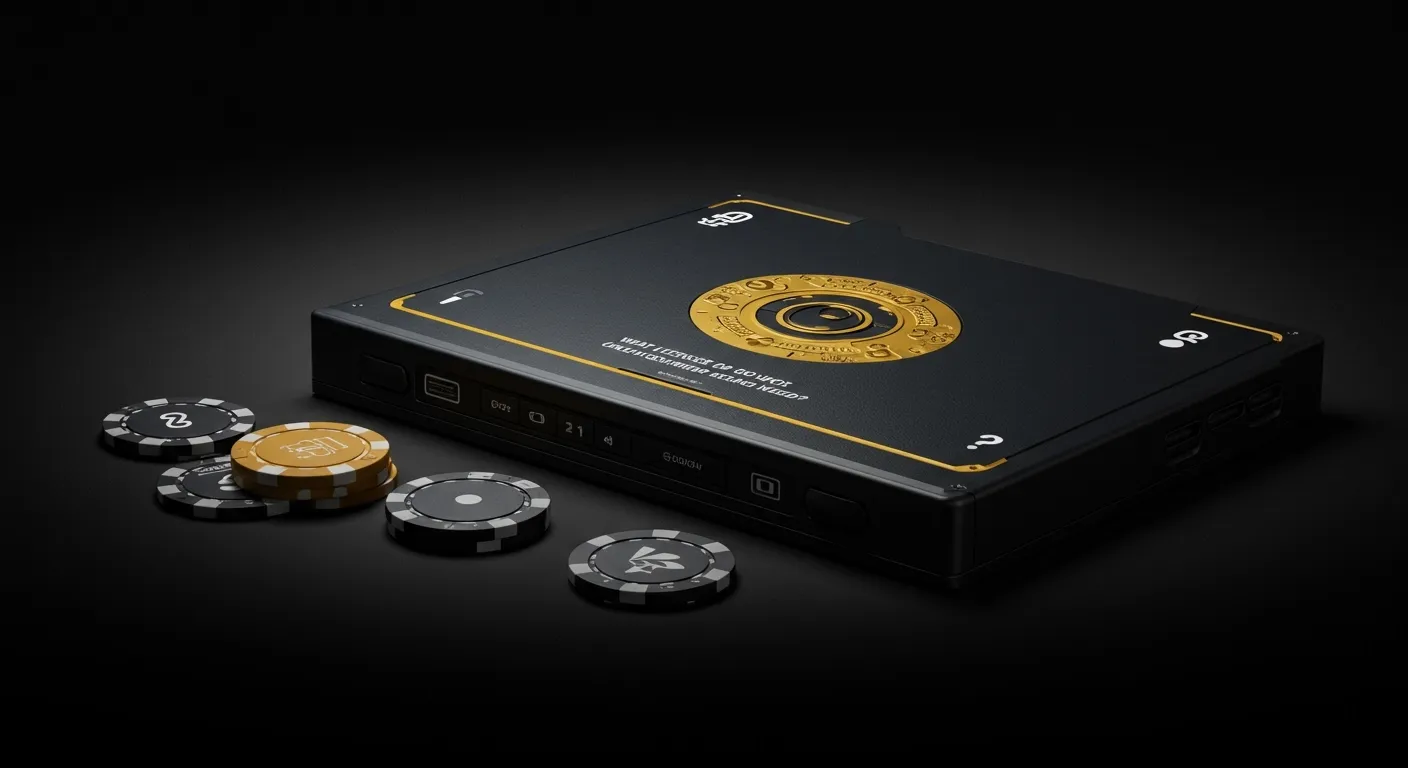When new online casinos enter the market, the first thing that determines whether they are legal, safe, and trustworthy is their licensing. A licence is more than a formal requirement; it is proof that the casino is being monitored and held accountable for how it handles player money, game fairness, data security, and responsible gambling rules. Without the right licence, a casino can operate freely without regulation, which puts players at serious risk.
For anyone exploring new online casinos, understanding licensing is essential. It helps players separate legal operators from unsafe ones, especially because illegal casino sites often look professional on the surface but lack real regulatory approval. The licence is what differentiates a legitimate casino from an unregulated website that could disappear overnight.
This article explains the main licences required by new casino platforms, why they matter, and how players can verify them before signing up.
Why licensing is the foundation of casino safety
A licence means that the casino has been approved by a government or official gambling authority. This approval only comes after the operator proves it has secure payment systems, fair games, identity verification processes, complaint handling procedures, and responsible gambling policies.
Licensing rules also force casinos to:
Keep player funds separate from company funds
Prevent underage gambling
Use tested and randomised games
Protect customer data under strict privacy laws
Offer tools for gambling control and self-exclusion
Provide fair withdrawal and bonus terms
If a casino does not follow these rules, the authority can investigate, suspend, fine, or completely ban the operator.
The licensing bodies that matter the most
Different countries have different licensing authorities, and not all licences are equal. Some are extremely strict and highly respected, while others are very weak or almost meaningless.
The most trusted authorities for new online casinos include:
The UK Gambling Commission (UKGC)
Malta Gaming Authority (MGA)
Gibraltar Gambling Commissioner
Alderney Gambling Control Commission
Isle of Man Gambling Supervision Commission
Outside Europe, some casinos operate with licences from Curacao, Panama, or other offshore regions, but these licences do not give players the same level of protection as top-tier regulators.
The most important licence for UK players
For anyone in the United Kingdom, the one licence that matters above all others is the UK Gambling Commission licence. Any casino that wants to legally accept UK players must be licensed by the UKGC, no exceptions.
A UKGC licence is considered one of the strictest in the world. It requires casinos to follow laws on:
Anti-money laundering
Player identity verification
Advertising transparency
Data protection
Fair payouts
Responsible gambling support
If a casino does not have a UK licence but still accepts UK players, it is illegal and unsafe, even if it has a licence from another country. That means a site can be legal elsewhere but still illegal in the UK if it does not meet UK standards.
Why are some licences stronger than others
Not all licensing authorities offer the same level of player protection. A casino with a strong licence must follow stricter rules, which makes it safer to use. Casinos with weak licences are often allowed to set their own rules about withdrawals, bonuses, and dispute handling.
For example:
Strong regulators require third-party auditing on game fairness
Weak regulators allow casinos to settle customer complaints internally
Strong licences require proof of financial stability
Weak licences do not verify if a casino can actually pay large winnings
That’s why serious players always look at who issued the licence, not just whether the casino says it is “licensed.”
How new casinos get a licence
Getting a proper licence is not an overnight process. A serious operator must go through several steps before it is approved. These steps often include:
Financial background checks
Identity and ownership verification
Security testing of payment systems
Game fairness certification
Creation of responsible gambling policies
Legal review of website terms and bonus rules
This process can take months, which is why fully licensed new online casinos tend to launch with complete documentation and transparency. If a casino appears suddenly with no licensing information, it is usually not regulated.
Red flags that show a casino is unlicensed or unreliable
Many scam casinos try to look legitimate by copying the layout of licensed sites or displaying fake badges. Players can avoid this by recognising warning signs such as:
No licensing number shown on the website
Licence badge with no link to a government register
Claims of being “approved” without naming the authority
Terms and conditions written vaguely or missing entirely
No responsible gambling page
No physical business address listed
Only offshore or unknown licensing information shown
If a casino claims to be “licensed worldwide” or “regulated globally,” that is a sign it has no real regulation at all. Real licences come from real governments, not advertising slogans.
How players can verify a licence manually
You don’t need legal knowledge to confirm whether a casino is licensed. A few quick steps can protect you from unsafe platforms:
Scroll to the footer of the site and look for a licence number
Check the number on the regulator’s official website
Confirm that the licence is active, not expired or suspended
Make sure the licence matches the operator name listed on the casino
The most trusted licensing bodies have public verification tools, which means players can check any casino themselves in less than a minute.
Why some casinos operate without proper licences
There are two main reasons some new casinos avoid real regulation. The first is cost, because real licences require fees, audits, and ongoing compliance. The second reason is freedom — unlicensed casinos can set any rules they want, including unfair withdrawal limits, impossible wagering requirements, or refusing payouts entirely.
A licensed casino is answerable to a regulator. An unlicensed casino answers to no one.
Final thoughts: What licences do new casinos need?
The safety of any online casino starts with its licence. Whether a site looks new, modern, or exciting does not matter until you confirm who regulates it. For UK players, only one licence guarantees full protection: a valid UK Gambling Commission licence. Other licences may allow a casino to operate internationally, but they do not make it legal or safe in the UK.
Every player who wants to join new online casinos should treat licensing as a non-negotiable requirement. A regulated casino follows the law, protects players, ensures fair games, and pays winnings honestly. An unregulated casino can do whatever it wants — and many players only discover that after losing money.
If there is one golden rule in online gaming, it is this:
If a casino is truly safe, it will always show its licence proudly and clearly.








